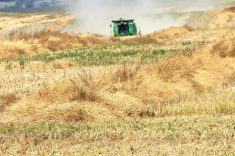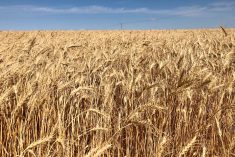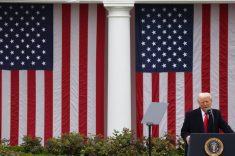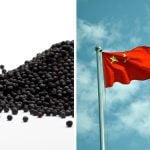London/Toronto | Reuters — Britain and Canada struck a rollover trade deal on Saturday to protect the flow of almost $35 billion-worth of goods and services between them after Brexit, and vowed to start talks on a bespoke agreement next year.
As Britain prepares to end its transition out of the European Union on Dec. 31, it has negotiated multiple rollover bilateral deals to maintain trade, with many simply replacing the terms the bloc had already agreed.
British Prime Minister Boris Johnson joined Canada’s Justin Trudeau and their respective trade ministers on an online call to mark the deal, which paves the way for a tailor-made agreement covering more areas such as digital trade, small businesses, the environment and women’s economic empowerment.
Read Also
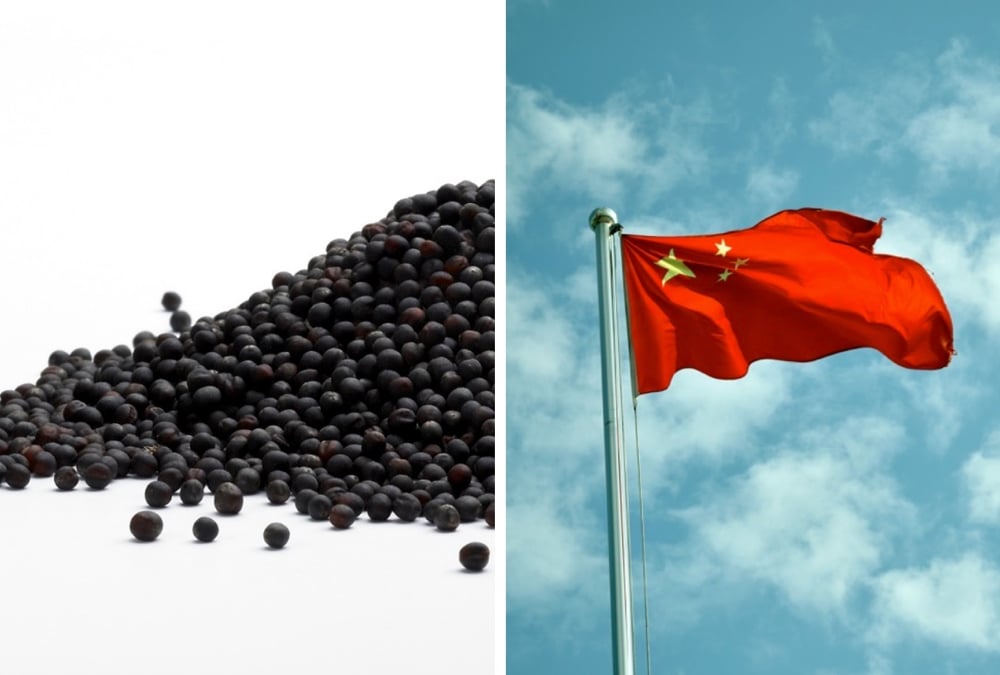
Carney expects to meet senior China leaders, sidesteps question on tariffs
Prime Minister Mark Carney on Thursday said he expected to meet senior Chinese leaders soon but sidestepped a question about dropping tariffs on Chinese electric vehicles in exchange for relief from Beijing’s duties on canola.
“Today’s agreement underpins 20 billion pounds worth of trade and locks in certainty for thousands of jobs,” Liz Truss, the U.K.’s international trade secretary, said in a statement.
Her Canadian counterpart Mary Ng said the transitional agreement “largely replicates” the EU deal on tariff reductions and provisions for labour and environment. “We do want an ambitious, high level comprehensive trade agreement with the U.K.,” Ng said, signalling Canada wanted similar terms to the EU deal.
Canada’s Parliament must approve legislation that would enable the deal to come into effect.
Britain is Canada’s fifth largest trading partner after the United States, China, Mexico and Japan.
Johnson is trying to shape a new “global Britain” that can strike out alone and negotiate better trade agreements than the EU as part of what he says is the benefits of its historic decision to leave the world’s biggest trading bloc.
In less than two years it has agreed trade deals with 53 countries, accounting for 164 billion pounds (C$284.62 billion) of British bilateral trade. Johnson’s critics point out that many are largely the same as the EU deals.
The U.K.-Canada Trade Continuity Agreement will be subject to final legal checks before it is formally signed. “This is a good moment,” Trudeau said.
Export-oriented ag groups in Canada said the deal provides clarity and ensures continued market access for some agrifood exporters.
For those sectors, the deal provides “temporary certainty and stability,” Canadian Agri-Food Trade Alliance president Dan Darling said in a release Saturday.
“However, for other agrifood exporters, a transitional arrangement simply reinforces a situation that remains unacceptable under CETA (the Canada-E.U. free trade pact) due to the persistence of trade obstacles that continue to hinder Canadian exports.”
CAFTA called on the parties to “return to the negotiating table as soon as possible in order to reach a comprehensive and more ambitious pact that removes tariffs and non-tariff barriers, provides liberal rules of origin and creates a level playing (field).”
Cereals Canada CEO Dean Dias, in a separate release Saturday, said the continuity agreement “is a positive outcome for Canadian wheat farmers and exporters, especially those operating in a highly integrated supply chain with important U.K. millers and food processors.”
— Reporting for Reuters by Kate Holton and Amran Abocar. Includes files from Glacier FarmMedia Network staff.




